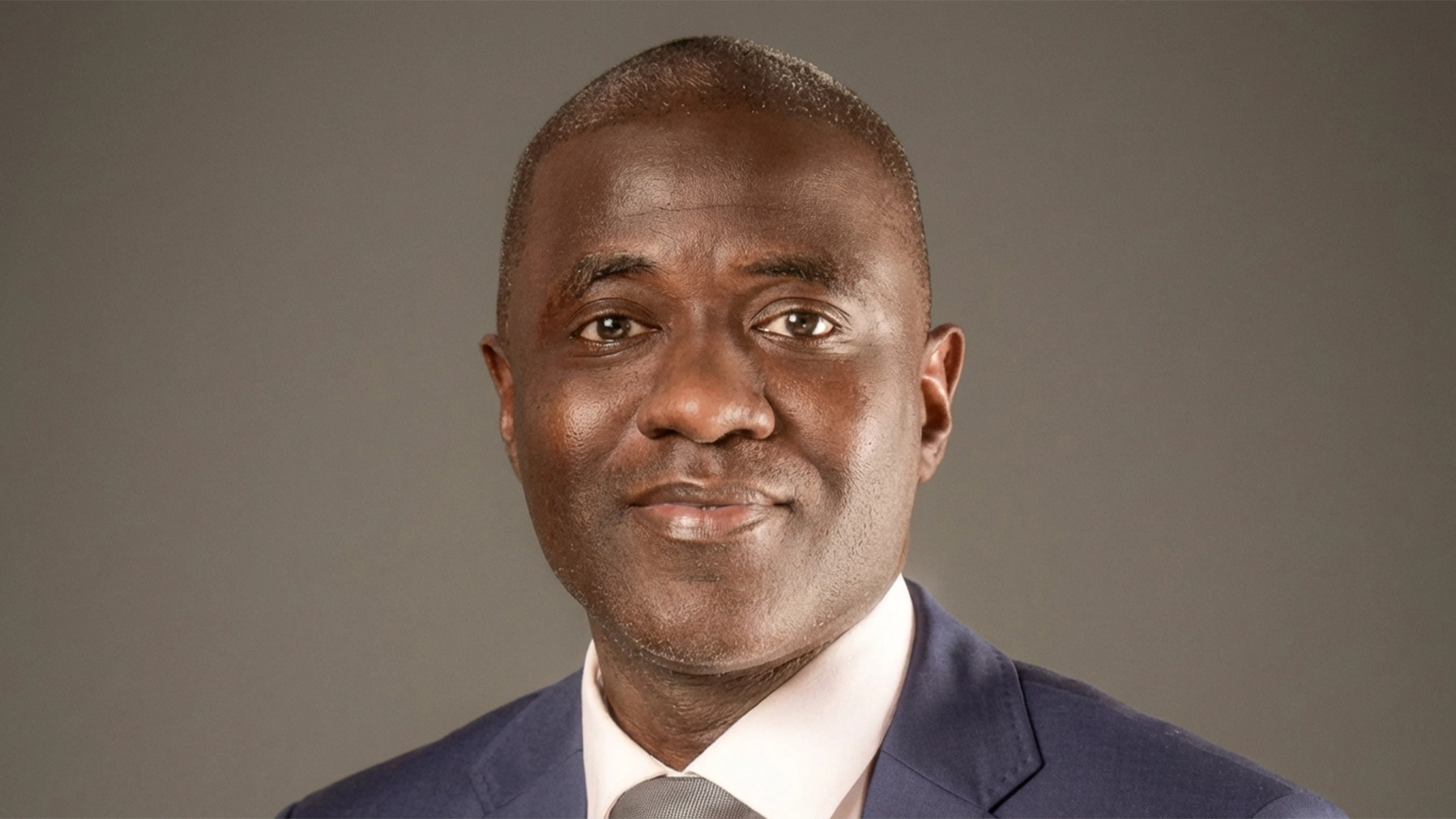 As millions of Nigerians continue to migrate in search of better opportunities, a growing concern has been how they stay connected to their homeland, not just culturally but also economically.
As millions of Nigerians continue to migrate in search of better opportunities, a growing concern has been how they stay connected to their homeland, not just culturally but also economically.
While previous generations of Nigerian immigrants maintained strong financial and emotional ties to the country, recent patterns suggest a shift, with many younger Nigerians abroad struggling to maintain that connection.
According to a senior software engineer in a leading data analytics company, Ibraheem Kabir, technology is now emerging as a powerful tool to bridge this gap, facilitating investment, remittances, and mentorship in ways that were previously unimaginable.
He said one of the key innovations in this space is the development of cross-border payment systems designed to make remittances more seamless and rewarding.
He noted that a new payment platform, set to be launched soon, promises to enable Nigerians in the UK and Europe to transfer funds to Nigeria instantly while earning cashback on transactions.
“Already boasting over a thousand users in its early phase, the initiative reflects a growing demand for solutions that make financial interactions between Nigerians abroad and their home country faster and more efficient.
“Beyond financial technology, efforts are also being made to connect Nigerians in the diaspora with homegrown investment opportunities. The agricultural sector, which has historically struggled with funding, is now benefiting from tech-driven crowdfunding solutions. One of Nigeria’s pioneering agritech platforms has enabled investors abroad to support local farms and machinery purchases, strengthening the country’s food production capacity while offering profitable returns to diaspora investors.
“The challenge has never been the willingness of Nigerians abroad to invest, but rather the absence of clear, reliable channels to do so. Technology allows us to create transparent, secure, and scalable systems that make it easy for Nigerians in the diaspora to engage with economic opportunities at home,” Kabir said.
While fintech solutions continue to gain traction, another pressing issue is the career development of young Nigerians, both locally and abroad. Many Nigerian students, despite their academic achievements, struggle with employability due to gaps in practical knowledge and industry exposure. To address this, mentorship programmes led by professionals in the diaspora are playing a critical role in guiding students towards careers that align with their skills and improve their visibility in global job markets.
Kabir, who has been involved in mentoring Black and Latino students in London, believes structured mentorship could significantly enhance career outcomes for young Nigerians.
“Nigeria has produced some of the world’s best engineers, but many have had to succeed through sheer will rather than structured educational support. If we integrate real-world applications into our engineering and computer science curricula from the first year of university, graduates will be more prepared to compete internationally,” he said.
Efforts to drive technological solutions for diaspora engagement have also extended into emerging fields like blockchain. Grants have been allocated to explore blockchain applications that could solve specific challenges facing sub-Saharan Africa, including secure financial transactions and data management. Research in e-learning technology is also being used to address language barriers in underrepresented communities, further expanding the role of digital tools in connecting Nigerians across borders.
As technology continues to redefine how people interact with their home countries, the focus remains on ensuring that Nigerians abroad not only maintain ties to their roots but also actively participate in shaping the country’s future. Whether through remittance platforms, investment channels, or mentorship networks, the innovations being developed today are set to make a lasting impact, ensuring that distance is no longer a barrier to engagement.






